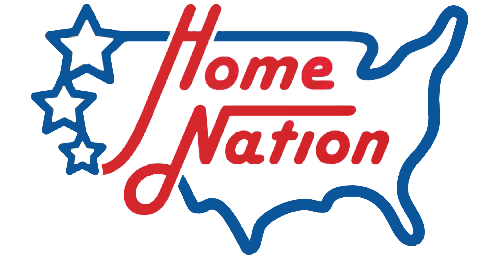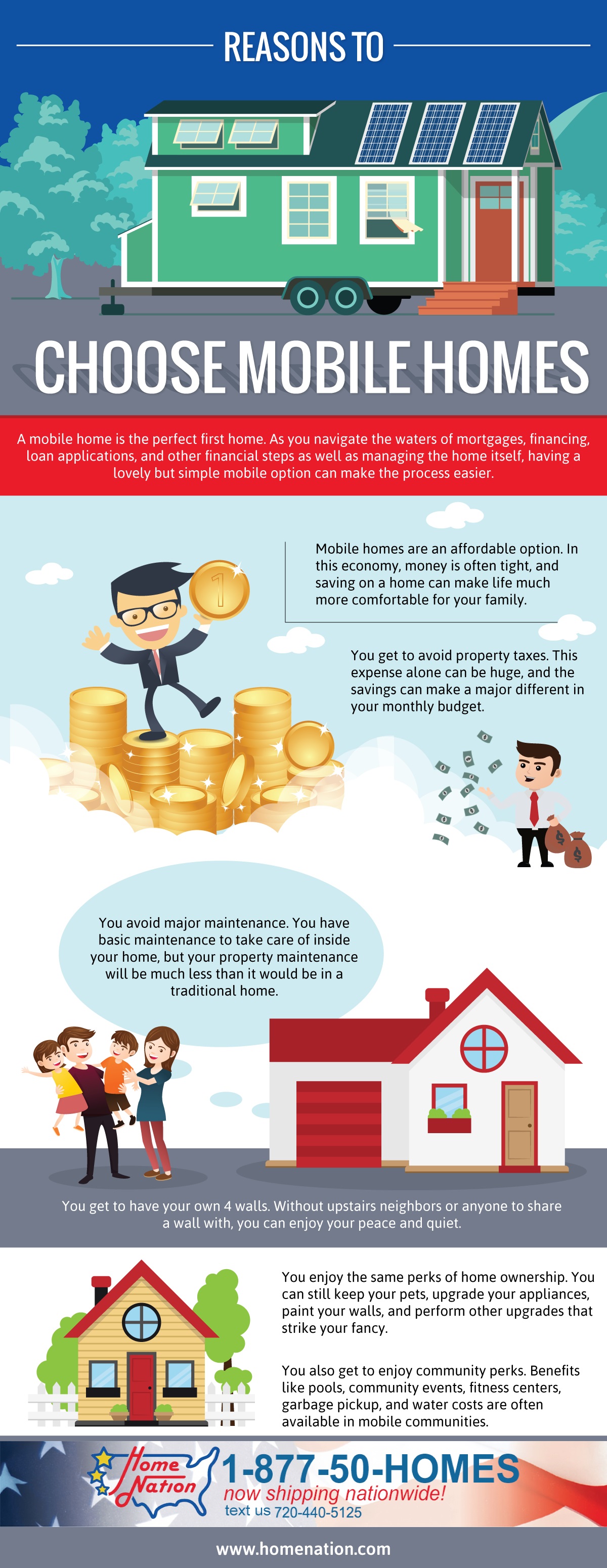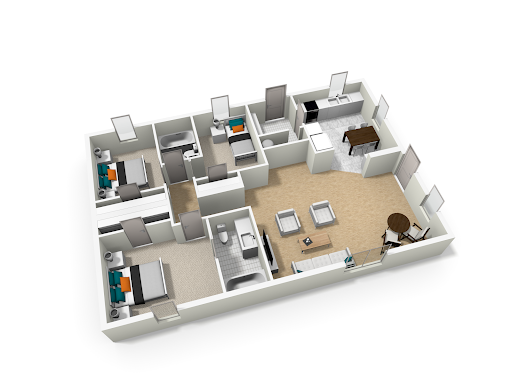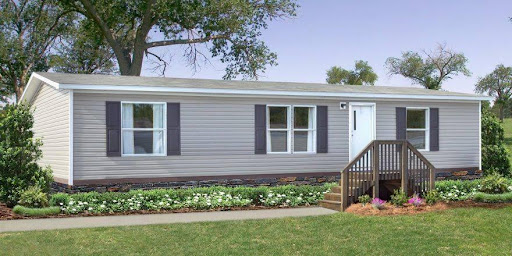Mobile homes are gaining in popularity and are considered a favorable alternative to traditional home buying. In fact, more than 22 million people live in mobile homes in the U.S, and mobile homes now account for 10% of new single-family home beginner purchases.
These homes are commonly mass-produced in a factory and placed on a chassis that allows them to be set on any piece of land.
This has the benefit of producing more affordable homes. However, there are also some disadvantages, depending on one's personal financial, housing, and lifestyle goals.
Read on to gain a better understanding of the pros and cons associated with buying a mobile home and whether it’s the right choice for you.
Key Takeaways
-
Mobile homes are a cost-effective alternative to traditional homes.
-
Mobile homes require less upkeep, saving homeowners money over time.
-
Many mobile homes are energy-efficient and environmentally friendly.
-
Mobile homes can be relocated and customized to suit changing needs.
-
Mobile homes can be harder to finance and resell compared to traditional homes.
Advantages of Buying a Mobile Home

Advantages of Buying a Mobile Home
Affordability
One of the biggest advantages of mobile home ownership is affordability. Mobile homes are generally less expensive than traditional homes built from the ground up.
In September 2018, the median price for a traditional home in the U.S. was ~$226,000, while the average price for a mobile home was only $90,000.
This means you can afford a much more luxurious mobile home for the same price as an average traditional home, delivering more value to the homeowner.
Low Maintenance Costs
Generally, mobile homes require less maintenance than traditional homes. Common maintenance expenses such as plumbing/sewer fixes or landscaping are minimal.
These are recurring savings that can add up significantly over time. You will only need to manage basic upkeep, which is typically less demanding.
Environmentally Friendly
An increasing number of mobile homes are now being built with environmentally friendly materials. They are designed with a low carbon footprint and many run on solar power. Most are Energy Star certified and come with energy-saving appliances and fixtures, making them an eco-friendlier option compared to traditional homes.
Additionally, their construction process allows for greater efficiency in retaining heat and coolness, reducing overall energy use.
In today’s housing market, mobile homes are increasingly viewed as a solution to affordable living, especially with the rising costs of traditional homes.
Apartment Therapy highlights that many homebuyers are considering mobile homes for their eco-friendly benefits and lower property taxes.
Related: What Is The Difference Between a Mobile Home, Manufactured Home, Trailer, and RV?
Mobility
One of the best features of a mobile home is its mobility. If at any point you need to move, you can arrange for the home to be taken off its temporary foundation and moved to a new location.
This flexibility is a unique feature, allowing you to adapt your living situation to your changing lifestyle.
Flexibility and Customization
Mobile homes are versatile in terms of upgrades and customization. Unlike traditional homes, you can make adjustments or move the home on a piece of land to use the space differently.
Additionally, you can modify and upgrade the home to better suit your needs as they evolve, creating a more personalized living experience.
Quick Construction and Assembly
Mobile homes are typically manufactured in 60 days, with on-site installation completed quickly. This allows you to move in much sooner compared to a traditional home, making it an ideal option for those seeking a fast housing solution.
Better Acoustics
Thanks to the modular construction of mobile homes, they generally offer better sound insulation compared to traditional homes. The insulation between the modules reduces noise transference, making mobile homes quieter. You can even soundproof your mobile home for added peace.
Access to High-End Locations
Mobile homes provide a lower barrier to entry into high-end areas. Expensive land prices can be offset by the lower cost of a mobile home, allowing you to live in desirable locations that might otherwise be unaffordable.
Lower Taxes
If your mobile home is placed on land that you own, your property tax will be lower compared to a traditional home. Additionally, personal loan payments for mobile homes may be deductible from your income, providing further tax benefits.
Vetted Quality
Mobile homes are built in controlled environments with strict quality control, meaning fewer issues when you move in. Unlike traditional homes, which may suffer from construction delays and environmental damage, mobile homes are constructed to meet HUD standards, ensuring quality and durability.
Mobile homes give you the benefit of living in your own space with four walls, providing more privacy compared to apartments or shared walls in multi-family homes.
Additionally, mobile home communities often offer perks such as pools, fitness centers, community events, and more, providing a range of lifestyle benefits.
These perks are typically included in the cost, making mobile home living more attractive for those who value both independence and community.
If you're considering the affordability, flexibility, and benefits of mobile home living, now is the perfect time to explore your options. Home Nation offers a wide range of high-quality mobile homes to suit your lifestyle and budget. Contact us today to discover how a mobile home can meet your housing needs.
Depreciation
The biggest downside to mobile homes is depreciation. Unlike traditional homes, which tend to appreciate in value due to land appreciation, mobile homes depreciate over time. The exception to this rule is modular homes, which are built to local building codes and appreciate in a similar manner to traditional homes.
The depreciation of mobile homes can be rapid, but with proper care, mobile homes can maintain a decent resale value. In cases where the mobile home is paired with land ownership, the value can appreciate due to rising land prices.
Harder to Resell
Reselling a mobile home can be challenging, especially if it’s located in a mobile park or requires moving. These factors can deter potential buyers due to the added costs of relocating the home.
Financing
Financing for mobile homes can be difficult to secure as they are considered personal property rather than real property. Loans for mobile homes often come with higher interest rates and shorter terms, making financing a more significant challenge compared to traditional homes.
Financing mobile homes can be tricky, but some lenders now offer options for prefabricated homes with more favorable terms. This has made it easier for first-time buyers to get into mobile homeownership with better interest rates and loan durations.
Design Limitations
Mobile homes tend to have fewer design options than traditional homes, which can make personalization more difficult. Most mobile homes are built with standardized layouts, limiting the ability to create a unique exterior or layout.
Park Policy
Many mobile homes are located in parks, which can limit your freedom due to external policies and procedures that must be followed. Renting space in the park can also be an added recurring cost.
Stigma
Although this is changing, there is still a stigma associated with mobile home ownership. Certain communities limit the number of mobile home parks, and mobile homes are sometimes viewed less favorably than traditional homes.

Mobile Homes vs. Stick-Built Homes
When considering a mobile home purchase, there are many pros and cons to evaluate. While mobile homes offer affordability, flexibility, and a quicker construction timeline, they come with challenges like depreciation and resell difficulties. Be sure to evaluate your personal housing goals and specific regional circumstances before deciding if a mobile home is the right choice for you.
Related: 5 Reasons to Choose a Modular Home
Conclusion
Mobile homes offer a unique blend of affordability, mobility, and convenience, making them an appealing choice for many homeowners.
While they come with both pros and cons, the growing demand and modern improvements in mobile home design and amenities make them an increasingly popular option.
Whether you’re seeking a flexible living solution or looking to save on maintenance and property taxes, a mobile home might just be the perfect fit for you.











